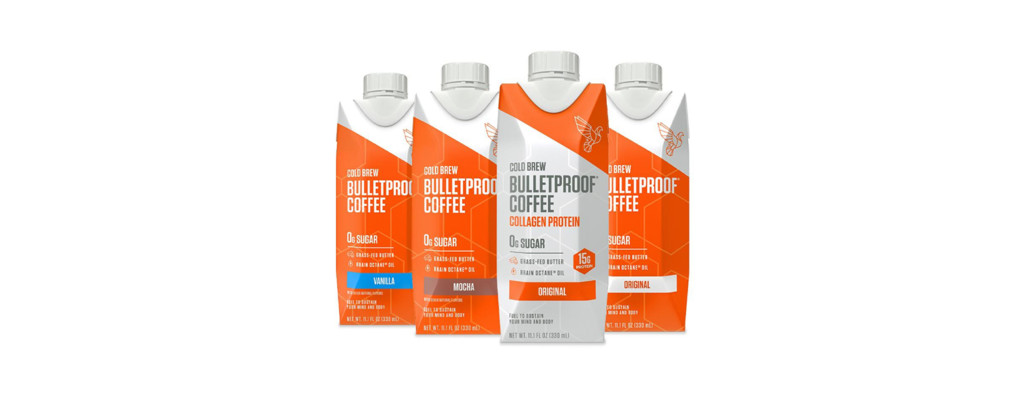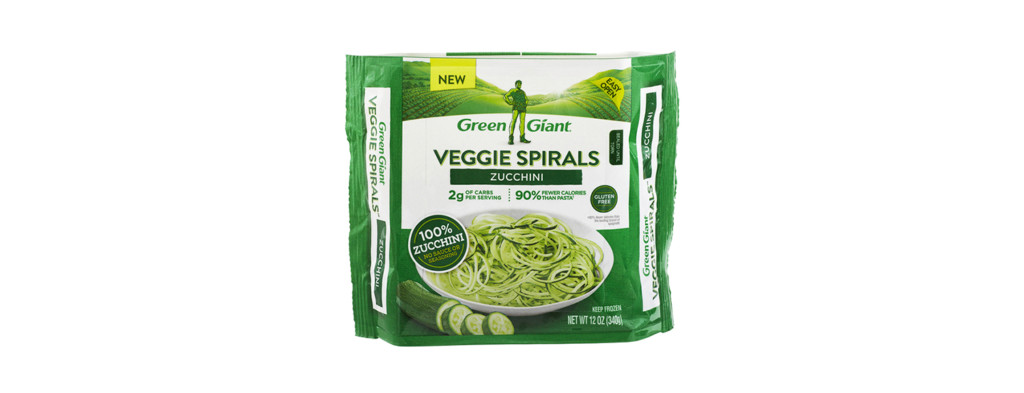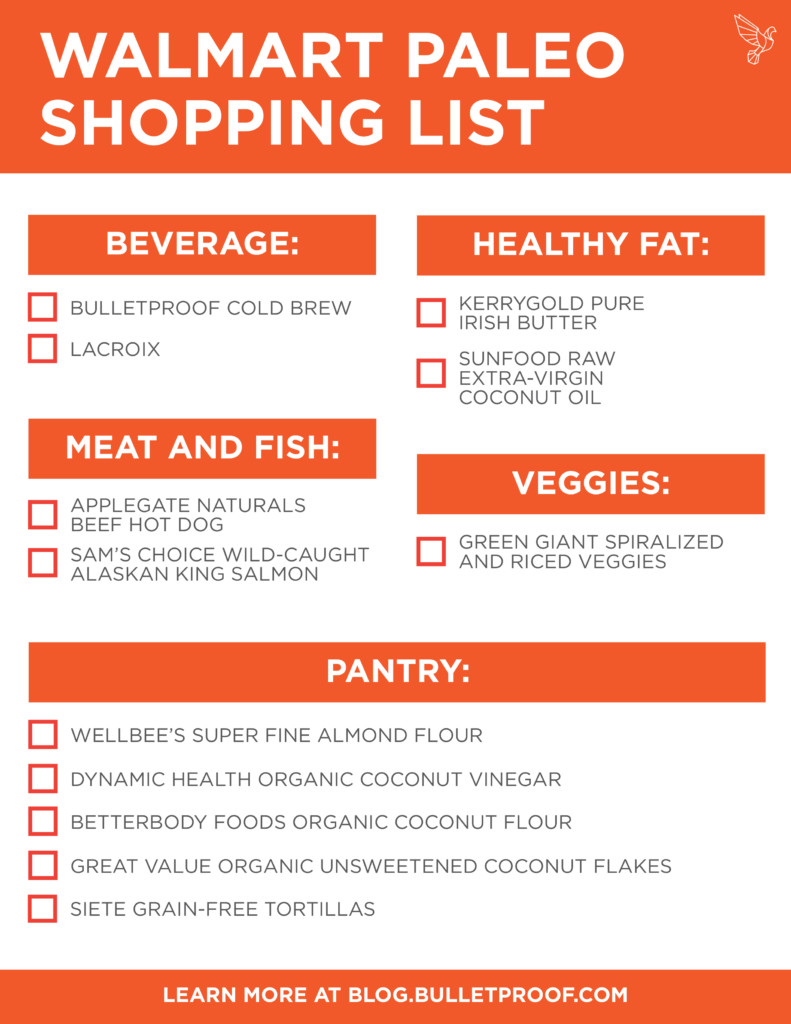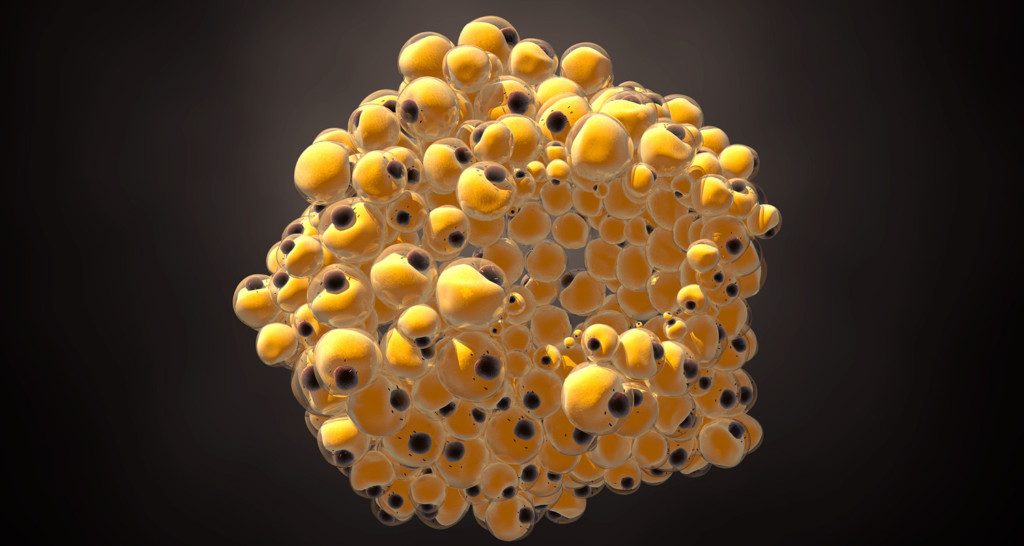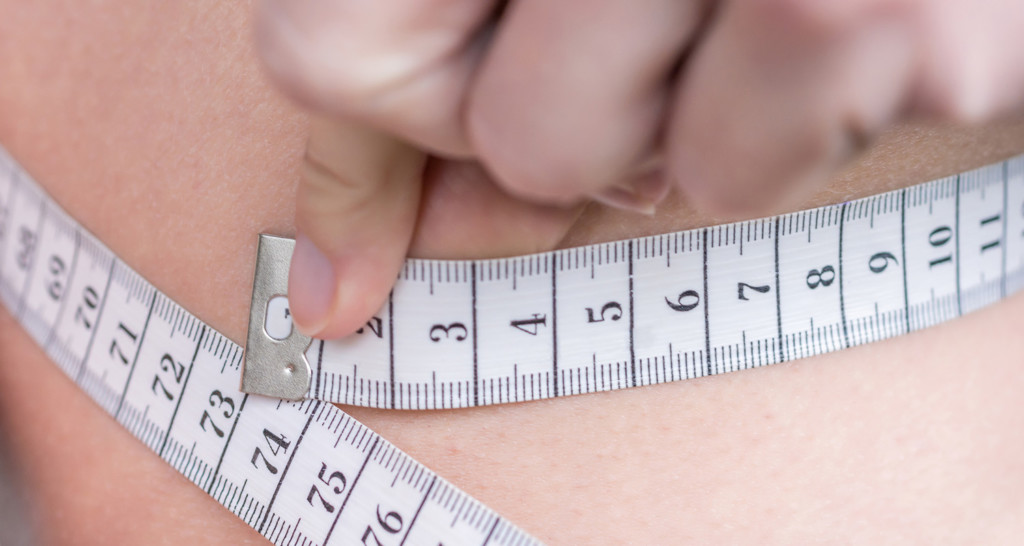[tldr]
- A recent study in the Journal of the American Medical Association (JAMA) confirms that the active ingredients in sunscreen seep into your bloodstream after just one day of use.
- Scientists have known for a long time that sunscreen chemicals disrupt your endocrine system, and show up in blood, urine, and even breast milk.
- Here’s how to protect yourself from the sun without marinating in chemicals.
[/tldr]
A recent study in the Journal of the American Medical Association (JAMA) confirms that the active ingredients in sunscreen seep into your bloodstream after just one day of use.[ref url=”https://jamanetwork.com/journals/jama/fullarticle/2733085″]
Scientists have known for a long time that sunscreen chemicals disrupt your endocrine system[ref url=”https://onlinelibrary.wiley.com/doi/full/10.1111/j.1365-2605.2012.01280.x”][ref url=”https://www.sciencedirect.com/science/article/pii/S0041008X04003539″] and are measurable in the bloodstream,[ref url=”https://onlinelibrary.wiley.com/doi/abs/10.1111/j.1468-3083.2007.02492.x”] urine,[ref url=”https://onlinelibrary.wiley.com/doi/abs/10.1111/j.1468-3083.2007.02492.x”] and breast milk[ref url=”https://www.sciencedirect.com/science/article/pii/S1570023205008731″] after use. What’s remarkable about this study is that it shows that levels of avobenzone, oxybenzone, octocrylene, and ecamsule (sunscreen active ingredients) in the bloodstream exceeded concentrations that the FDA would flag after just one day of use.
Aside from the UV-blocking ingredients, most sunscreens contain fragrances and stabilizers that mimic hormones, irritate your skin, and mess with your system in other ways. And that only covers the chemicals scientists know about. A Danish review of ingredients in conventional sunscreens found that 16 out of of the 19 ingredients listed had zero information about their action in the body and potential to cause cancer.
That said, sunburns and wrinkles are no fun. So, how do you protect yourself from overexposure?
Non-toxic ways to protect yourself from the sun
 If you want to avoid both toxic chemicals and sunburn, stay inside. Just kidding — spending time outside is great for your body, your mind, and time in the sun has positive effects on things like your vitamin D levels, your mood, and more. Here’s how to play outside without marinating in chemicals.
If you want to avoid both toxic chemicals and sunburn, stay inside. Just kidding — spending time outside is great for your body, your mind, and time in the sun has positive effects on things like your vitamin D levels, your mood, and more. Here’s how to play outside without marinating in chemicals.
Wear clothes and find shade when practical
After you’ve been outside long enough to get your vitamin D, cover up. A beach hat and a lightweight, light-colored shirt will go a long way to preventing sunburn and oxidative damage from the sun. Ducking into a shady area periodically can prevent long stretches of strong sun exposure.
Non-toxic, mineral sunscreens
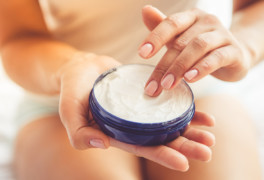 Shade and clothing don’t always work — for example, clothes feel weird when you’re swimming, or you might be out in a wide-open area without a tree in sight. Sunscreen is the way to go in those instances. Look for active ingredients zinc oxide or titanium oxide, and avoid ingredients like:
Shade and clothing don’t always work — for example, clothes feel weird when you’re swimming, or you might be out in a wide-open area without a tree in sight. Sunscreen is the way to go in those instances. Look for active ingredients zinc oxide or titanium oxide, and avoid ingredients like:
- avobenzone
- oxybenzone
- octocrylene
- ecamsule
There is a long list of inactive ingredients to avoid, too. Check your sunscreen brand with the EWG’s Skin Deep database to see how your sunscreen measures up.
DIY sunscreen
If you can melt butter, you can make an easy DIY sunscreen using just four ingredients. Get the recipe here.
Take astaxanthin
Think of astaxanthin as inside-out sunscreen. Astaxanthin is the antioxidant that gives salmon and flamingos their distinct shade of pink-orange. Astaxanthin makes you more resistant to sun-induced skin damage[ref url=”https://www.ncbi.nlm.nih.gov/pmc/articles/PMC6073124/”] and combats the effects of aging. you can read more about astaxanthin here. You can get a daily dose of astaxanthin and protect your eyes at the same time with Bulletproof Eye Armor.
You don’t have to choose between slathering yourself with chemicals and staying indoors. As long as you know what to look for in a sunscreen, or you whip it up yourself, you can play outside as much as you please.
 Methionine is an essential amino acid (a building block of protein), which means your body doesn’t make it, and you have to get it in foods. It’s found in meats and animal products, and lesser amounts in plant sources of protein. Methionine has four major roles in your body:
Methionine is an essential amino acid (a building block of protein), which means your body doesn’t make it, and you have to get it in foods. It’s found in meats and animal products, and lesser amounts in plant sources of protein. Methionine has four major roles in your body: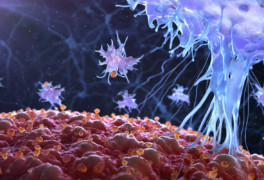 Tumors depend on methionine to grow. Researchers discovered in the 1970s that tumors will not grow in its absence. Scientists call this phenomenon “methionine dependency.”[ref url=”https://www.ncbi.nlm.nih.gov/pubmed/2213904 https://www.ncbi.nlm.nih.gov/pubmed/8495409″]
Tumors depend on methionine to grow. Researchers discovered in the 1970s that tumors will not grow in its absence. Scientists call this phenomenon “methionine dependency.”[ref url=”https://www.ncbi.nlm.nih.gov/pubmed/2213904 https://www.ncbi.nlm.nih.gov/pubmed/8495409″] Certain tumor cell types are hungrier for methionine than others,[ref url=”https://www.ncbi.nlm.nih.gov/pmc/articles/PMC4827046/”] but they all need methionine to survive and grow.
Certain tumor cell types are hungrier for methionine than others,[ref url=”https://www.ncbi.nlm.nih.gov/pmc/articles/PMC4827046/”] but they all need methionine to survive and grow. Whether you have cancer or not, you’ll benefit from lowering your methionine levels for general longevity purposes and to keep oxidative stress low.
Whether you have cancer or not, you’ll benefit from lowering your methionine levels for general longevity purposes and to keep oxidative stress low.


